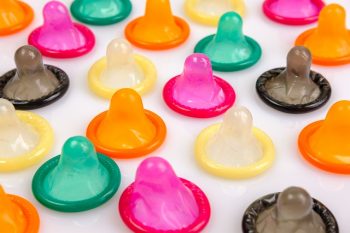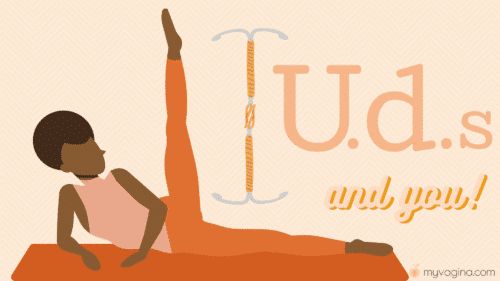Birth control and contraception
Birth control options for women vary somewhat, but tend to all be a little bit subpar in their application or user-friendliness. Contraception options include condoms, the pill, IUDs and various other hormonal interrupters.
Implanon contraceptive implant
Implanon is a hormonal contraceptive implant about the size of a matchstick, that is implanted into the upper inner arm, and lasts for about three years.
Diaphragm contraceptive devices
Diaphragms are useful as a contraceptive for some people - you have to insert the device, usually with spermicide, before sex, taking it out afterwards.
The Nuvaring contraceptive device
The Nuvaring is a vaginal hormonal contraception that uses a silicone ring infused with hormones to prevent ovulation and therefore prevent pregnancy. The rings can affect your vagina by causing local irritation and discharge, and are not suitable for everyone.
The oral contraceptive pill
The pill is a hormonal tablet used for a few reasons, namely birth control and managing hormones that cause or contribute to acne, endometriosis, and PCOS.
Condoms
Learning how to make condoms work for you, not the other way around, is the key to getting the most out of safe sex. Condoms are a form of barrier protection used during sexual penetration or oral sex to prevent unwanted pregnancy and the exchange of sexually transmitted infections.
The intrauterine device (IUD)
IUDs can be the best thing that ever happened to you: you get to keep your natural cycle, and not get pregnant. It can also result in more bleeding and pain. Get the low-down before you decide.



